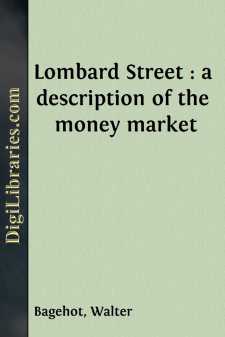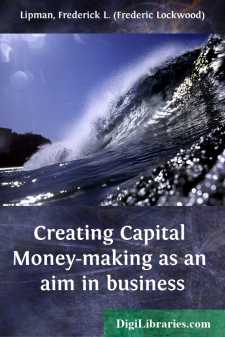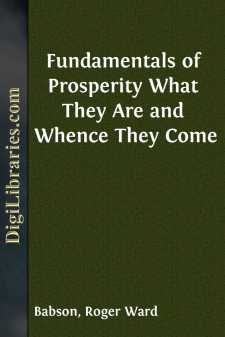Categories
- Antiques & Collectibles 13
- Architecture 36
- Art 48
- Bibles 22
- Biography & Autobiography 815
- Body, Mind & Spirit 144
- Business & Economics 28
- Children's Books 18
- Children's Fiction 14
- Computers 4
- Cooking 94
- Crafts & Hobbies 4
- Drama 346
- Education 58
- Family & Relationships 59
- Fiction 11833
- Games 19
- Gardening 17
- Health & Fitness 34
- History 1378
- House & Home 1
- Humor 147
- Juvenile Fiction 1873
- Juvenile Nonfiction 202
- Language Arts & Disciplines 89
- Law 16
- Literary Collections 686
- Literary Criticism 179
- Mathematics 13
- Medical 41
- Music 40
- Nature 179
- Non-Classifiable 1768
- Performing Arts 7
- Periodicals 1453
- Philosophy 65
- Photography 2
- Poetry 896
- Political Science 203
- Psychology 44
- Reference 154
- Religion 515
- Science 126
- Self-Help 85
- Social Science 82
- Sports & Recreation 34
- Study Aids 3
- Technology & Engineering 59
- Transportation 23
- Travel 463
- True Crime 29
Our website is made possible by displaying online advertisements to our visitors.
Please consider supporting us by disabling your ad blocker.
Up To Date Business Home Study Circle Library Series (Volume II.)
by: Seymour Eaton
Categories:
Description:
Excerpt
I. COMMERCIAL TERMS AND USAGES
HERE is a distinction between the usage of the names commerce and business. The interchange of products and manufactured articles between countries, or even between different sections of the same country, is usually referred to as commerce. The term business refers more particularly to our dealings at home—that is, in our own town or city. Sometimes this name is used in connection with a particular product, as the coal business or the lumber business, or in connection with a particular class, as the dry-goods business or the grocery business. The name commerce, however, seldom admits of a limited application. In the United States trade is synonymous with business. The word traffic applies more especially to the conveyance than to the exchange of products; thus we refer to railroad traffic or lake traffic. Products, when considered articles of trade, are called merchandise, goods, wares. The term merchandise has the widest meaning, and includes all kinds of movable articles bought or sold. Goods is applied more particularly to the supplies of a merchant. Wares is commonly applied to utensils, as glassware, hardware, etc.
Gross commonly means coarse or bulky. In trade it is used with reference to both money and goods. The gross weight of a package includes the weight of the case or wrappings. The larger sum in an account or bill—that is, the sum of money before any allowance or deductions are made—is the gross amount of the bill. The word net is derived from a Latin word meaning neat, clean, unadulterated, and indicates the amount of goods or money after all the deductions have been made. To say that a price is net is to indicate that no further discount will be made.
The word firm relates to solidity, establishment, strength, and in a business sense signifies two or more persons united in partnership for the purpose of trading. The word house is very frequently used in the same sense. In mercantile usage house does not mean the building in which the business is conducted, but the men who own the business, including, perhaps, the building, stock, plant, and business reputation. The name concern is often used in a very similar way.
The name market expresses a locality for the sale of goods, and in commerce is often used to denote cities or even countries. We say that Boston is a leather market, meaning that a large number of Boston merchants buy and sell leather. In the same sense we call Chicago a grain market, or New Orleans a cotton market. In its more restricted sense the name market signifies a building or place where meat or produce is bought and sold. We say that the market is flooded with a particular article when dealers are carrying more of that article than they can find sale for. There is no market for any product when there is no demand. The money market is tight or close when it is difficult to borrow money from banks and money-lenders.
The natural resources of a country are mainly the mineral commodities and agricultural produce that it yields....












